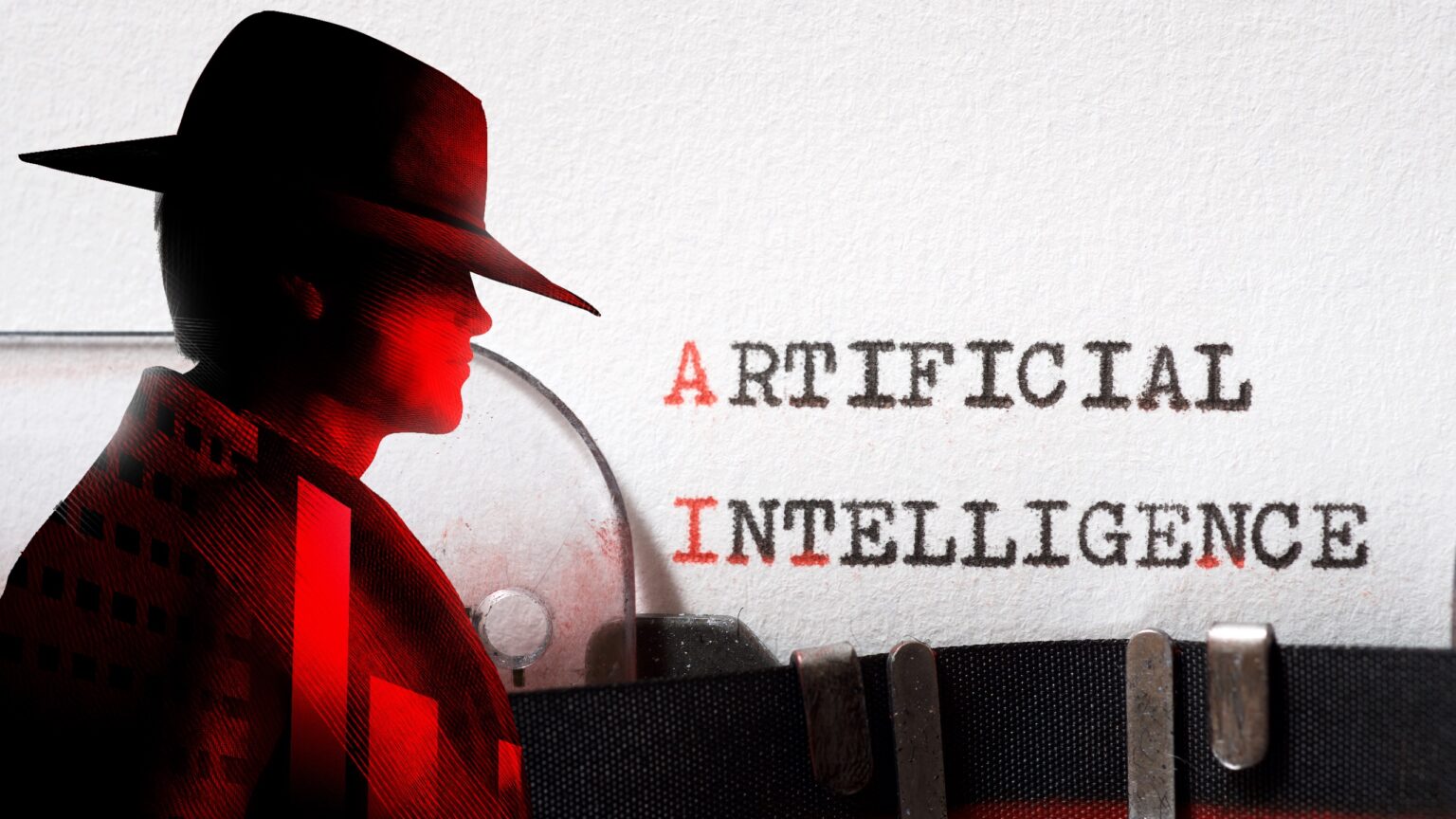OpenAI, the startup behind ChatGPT, has released a free web-based plagiarism checker to determine whether machines or humans wrote a text.
According to OpenAI, the web-based tool is not entirely accurate. Its performance will depend on the similarity between the analyzed text and the writing that OpenAI tools are trained to write.
Speaking about the tool, OpenAI’s CTO Mira Murati said the new tool is “not perfect, but it’s a step forward in distinguishing between AI and human-written text.” She added that the company was looking forward to reviews from its users.
We’re developing a new tool to help distinguish between AI-written and human-written text. We’re releasing an initial version to collect feedback and hope to share improved methods in the future. https://t.co/4dQE3dX6vX
— OpenAI (@OpenAI) January 31, 2023
ChatGPT’s soaring start
Since OpenAI launched ChaGPT last year, the ability of the AI tool to create spontaneous texts that look very similar to what a human would write has garnered it much acclaim. But not all of the attention has been positive.
Several stakeholders have expressed concerns about increased AI-generated misinformation. Educators are also concerned that students might start relying on AI tools and submitting plagiarized works. This has led some school districts to ban ChatGPT on their networks.
But these bans don’t have much effect on preventing the usage of ChatGPT for academic plagiarism. With the new tool from OpenAI, educators might finally have the necessary detection equipment.
How OpenAI’s tool will work
According to the company, the new tool works best on text samples in English and above 1,000 characters. It has a five-point system to measure an AI system’s likelihood of texts being generated. Apart from OpenAI, several other individuals and organizations are also working on similar tools.
Concerns about AI texts rise
Meanwhile, concerns about AI writing tools are not limited to educators. There are also concerns in some circles that the rapid development of AI writing tools might soon deprive writers of jobs as companies will opt for cheaper automation options.
A Fortune article from December 2022 predicted that ChatGPT and AI tools might take not only the jobs of writers but also has the potential to replace programmers. ChatGPT can convert human prompts into codes in several programming languages.
Will AI make writers jobless?
Expert writers believe that AI writing tools can create coherent texts based on a set of rules. It will forever remain inferior to humans when it comes to creativity.
The songwriter Nick Cave shares this view. In response to a fan who sent him a song written by ChatGPT in the style of Nick Cave, he noted that he was not enthusiastic about the new technology. He said that songs arise from a “complex, internal human struggle of creation,” which algorithms can’t feel.
He added:
“I understand that ChatGPT is in its infancy, but perhaps that is the emerging horror of AI – that it will forever be in its infancy, as it will always have further to go.”
However, some writers are more welcoming and believe that AI technologies can serve as collaborative tools for writers and help them produce something new and exciting.









 and then
and then